Are You Looking For a Physiotherapist In Cairns - Queensland?
Why Book at Proactive Physiotherapy?
Expert Care. Proven Results. Convenient Location.
When it comes to your health, you deserve the best and that’s exactly what we deliver.
At Proactive Physiotherapy, we combine clinical expertise with genuine care to provide results-driven physiotherapy that puts you first.
Our experienced team doesn’t just treat symptoms, we pride ourselves on our pain to performance approach to client care where we take the time to understand the root cause of your pain and create a personalised plan to help you move better, feel stronger and get back to what you love. Our model is relieving symptoms, restoring function and improving your long term health.
Because it's not just about living longer—it's about living well. Prioritising your health span means staying active and independent for as many years as possible.
Make your health a priority and book an appointment with one of our expert physios and take the first step towards better health.
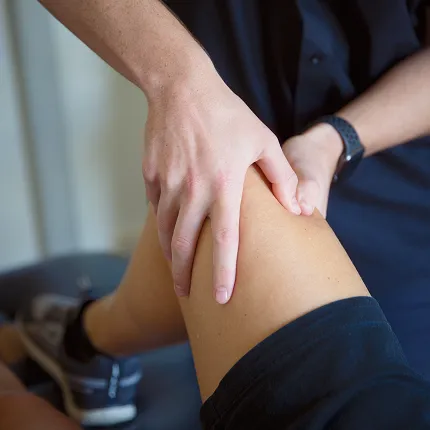
Proactive Physiotherapy was established by Julie Faulks in 1989 and has consistently provided a high standard of Physiotherapy care to the residents and professionals of Cairns, as well as the broader community.
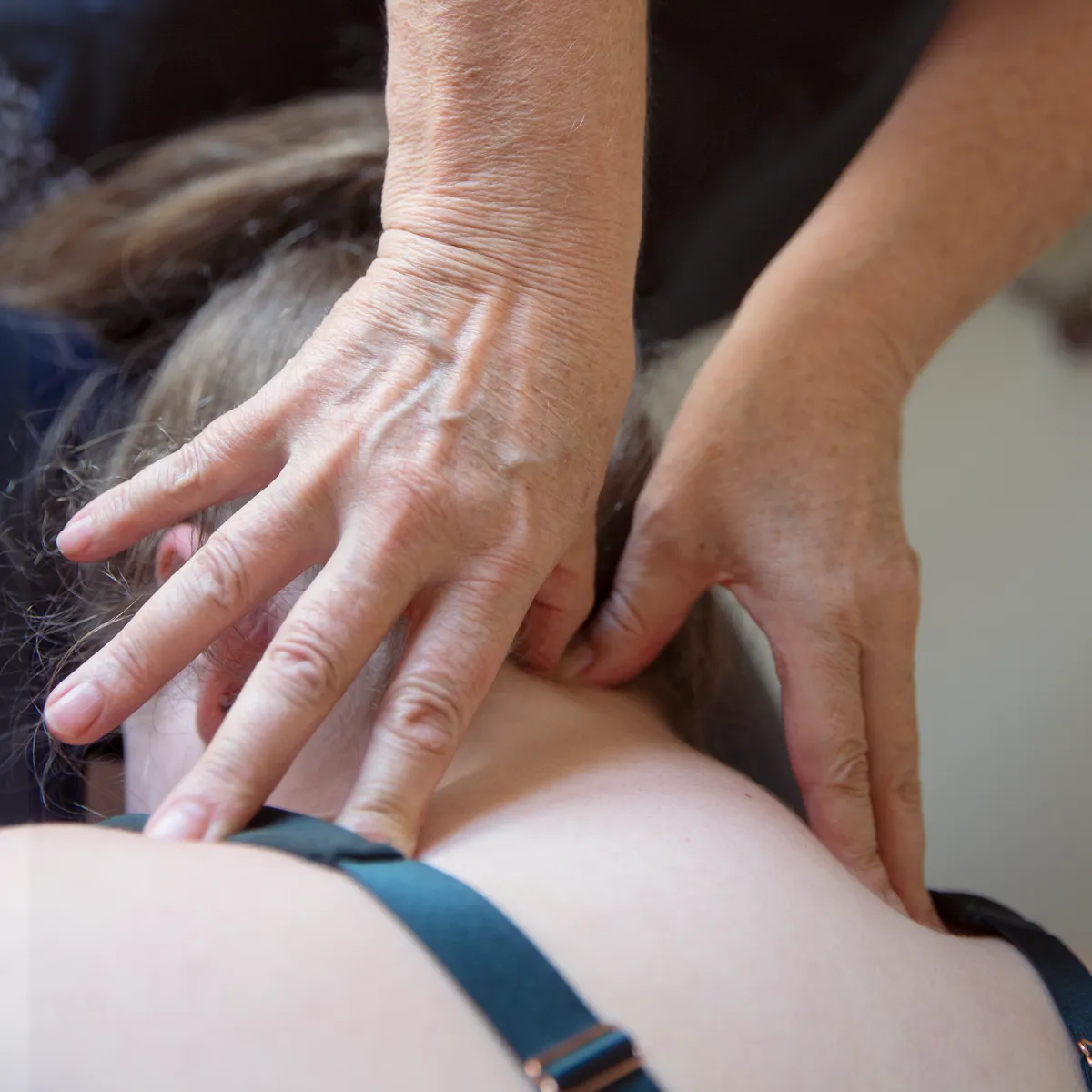
What Sets Us Apart?
Having provided services to the Cairns community for over 40 years and with over 120 years of combined experience as manual therapy and exercise physiotherapists our current team brings a depth of knowledge that few clinics can match. We've seen almost every type of injury and condition—and we know what works.
We have a dedicated headache and migraine clinic,(CHMC) with level 1, 2 and 3 practitioners using the Watson technique.
We have a dedicated pelvic health and continence clinic (CPHC) with 4 pelvic health physios providing services for men, women and children.
Confused about your pain and not sure what to do?
Get clear, professional advice in our free downloadable information packs
Back Pain
Understand why back pain happens and how to help it
Shoulder Pain
Understand why shoulder pain happens and how to help it
Knee Pain
Understand why knee pain happens and how to help it
How Can We Help?
At Proactive Physiotherapy we treat a wide range of conditions from everyday aches to complex injuries. Whether you're dealing with a recent injury or something that’s been nagging you for a while, our experienced physiotherapists can help you understand the cause and work towards lasting relief.
We commonly help clients with:
Back pain – from stiffness and postural strain to disc injuries and sciatica
Neck pain & headaches – including tension, whiplash and desk-related strain
Shoulder pain – such as rotator cuff issues, bursitis and frozen shoulder
Knee pain – from ligament injuries and arthritis to patellofemoral pain
Hip & pelvic pain – affecting movement, stability or sleep
Ankle & foot problems – including sprains, Achilles issues and plantar fasciitis
Post-surgical recovery – regain strength and mobility after orthopaedic surgery
Sports injuries – from sprains and strains to overuse injuries
Balance and dizziness issues – including BPPV and vestibular dysfunction
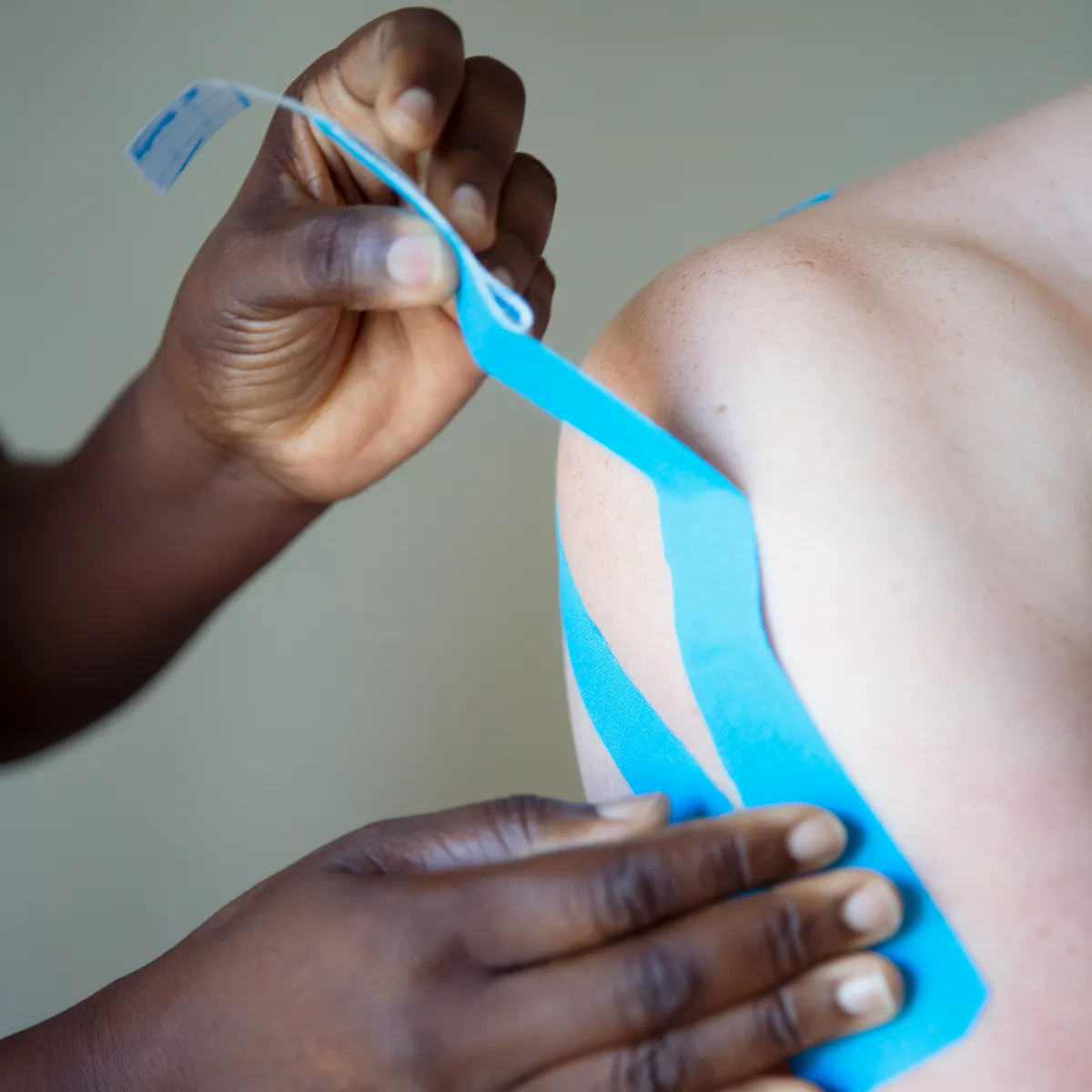
Cairns Pelvic Health Clinic

Centre of Excellence for Women's and Men's Pelvic Health and Continence.
Cairns Headache and Migraine Clinic

For the assessment and treatment of headaches, migraines and their related symptoms.
Contact us today to speak with our friendly team and find out how we can help you feel your best
Latest Tips and Advice
Don't Push When You Pee
We’ve all been there. The baby’s crying upstairs, so you need to speed up your bathroom visit to get to her quickly. You’re racing to your next meeting, and you only have a minute to stop for the bathroom. You’re late for your doctor’s appointment, but you just need to make a pit stop before you leave. Sometimes having to pee gets in the way of our daily lives.
If you’re someone who’s moving so fast that you push when you pee, you could be setting yourself up for some trouble down the road
When your bladder is working the way, it should, it naturally tells your pelvic floor and tummy muscles to relax so the pee can flow out on its own. You don’t need to push or strain — in fact, forcing it out can cause more problems than you might think.
Why you don’t want to push when you pee:
• Mixed signals for your muscles: If you’re always pushing, your body can get “confused” and start thinking peeing = tensing your pelvic floor, when it should really mean relaxing.
• Tight pelvic floor issues: If your pelvic floor is already a bit too tight, pushing can make it worse, sometimes leading to pain or even bladder problems.
• Pelvic organ prolapse (for women): Straining over time can weaken your pelvic floor, which may cause organs like your bladder or uterus to drop down into the vaginal canal.
• Haemorrhoids: All that pressure when straining (whether peeing or pooping) can also contribute to or worsen haemorrhoids.
Sometimes pushing happens because we’re in a rush, but if you find you always need to strain, it could be a sign of something else going on.
• For men, an enlarged prostate (BPH) can block the flow, making it hard to start peeing, so you naturally end up pushing.
• For women, prolapse can make it harder for urine to come out, leading to straining too.
So, what should you do if you feel like you have to push?
Check in with a doctor or pelvic health Physiotherapist. They can help figure out what’s behind it and get you on the right track.
Tips for healthier peeing habits:
• Take a breath and relax. Don’t rush it — give your body time to do its thing.
• Sit the right way. No hovering! Sit fully on the toilet with your knees slightly higher than your hips and your hands resting on your thighs. A little footstool under your feet can help.
• Try “double voiding.” After you finish, wait a moment, relax again, and see if there’s a little more. Or stand up, move around, then sit back down and try once more.
The big takeaway? Don’t strain. Peeing might seem like the simplest thing in the world, but giving it some attention now can save you from a lot of trouble later.
Proactive Physiotherapy has four pelvic health physiotherapists ready to help you. For an appointment please phone 0740536222 or book online.
We’re proud to be connected with trusted professional affiliations and community partners
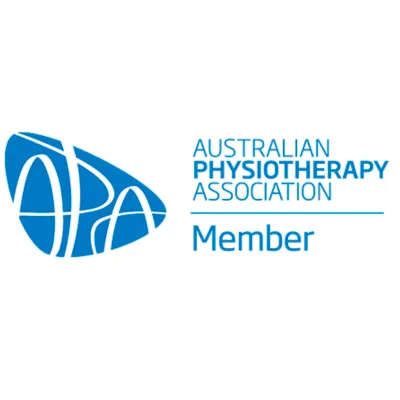



Proactive Physiotherapy is powered by Vitala Health, a group of Allied Health Practices across New Zealand and Australia.
Vitala Health provides clinical solutions that supports clients health and lifestyle needs through best practice treatment, premium facilities, education and ongoing commitment to customer service. Learn more about Vitala Health
If you have any questions before scheduling an appointment or for general enquiries, please contact us. Our team will promptly reach out to assist you.
Opening Hours
Mon: 8:00am - 6:00pm
Tue: 8:00am - 6:00pm
Wed: 8:00am - 6:00pm
Thu: 8:00am - 6:00pm
Fri: 8:00am - 6:00pm
Sat: Closed
Sun: Closed
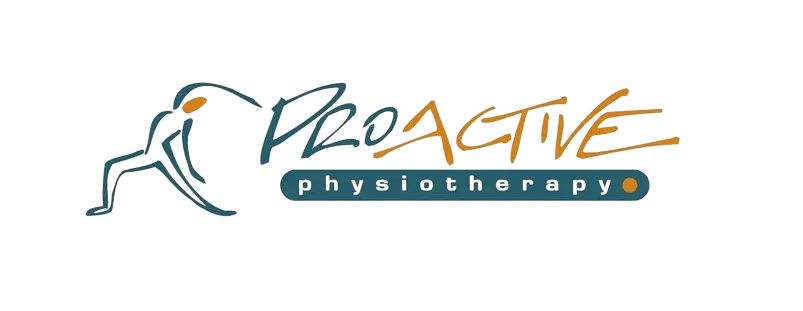

Follow Us
The Clinic
Common conditions
© Copyright 2025. Vitala Health. All rights reserved.

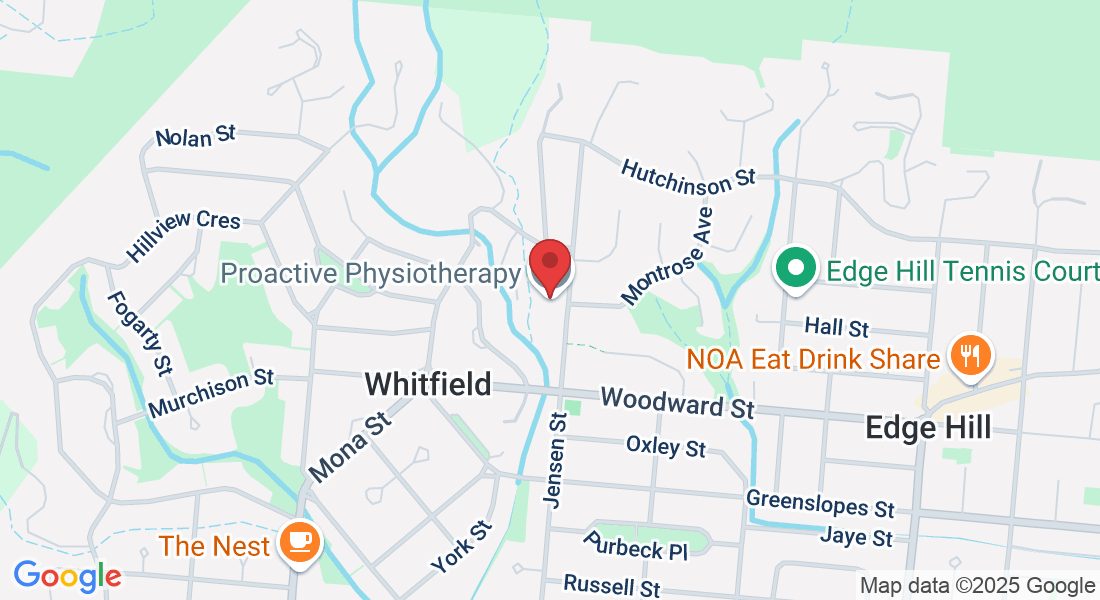
Facebook
Instagram
LinkedIn